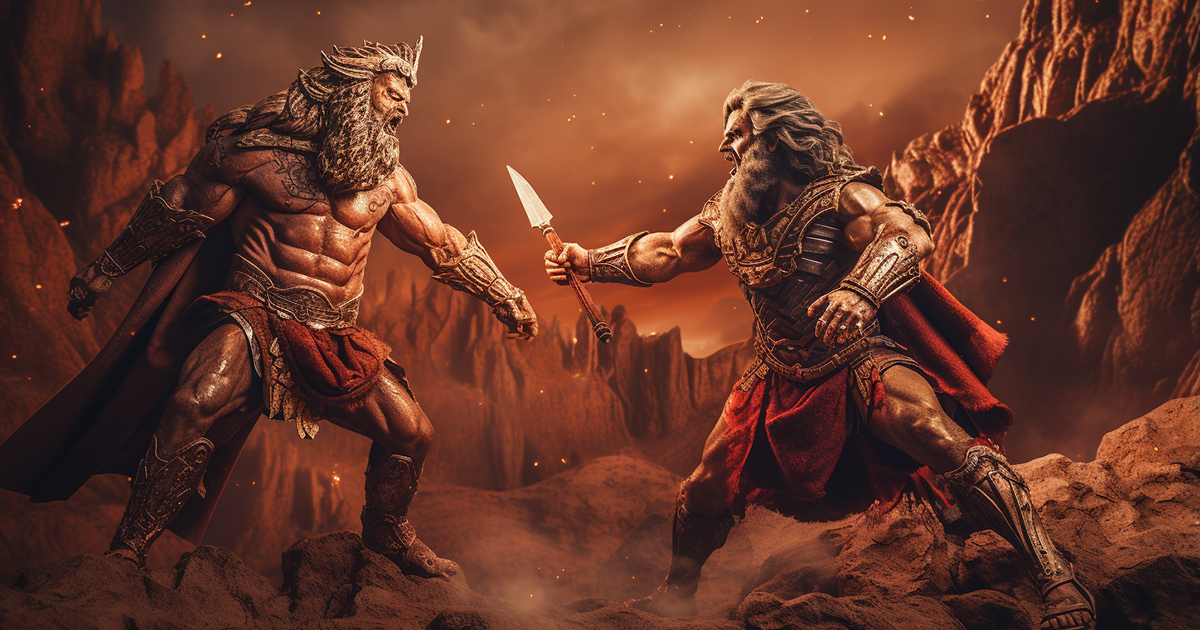Within our vast solar system, there exists one celestial entity that has captivated our imaginations in a unique manner. A flaming red orb, suspended in the night’s embrace, has beckoned humanity for eons. Let us now embark on a journey to uncover the enthralling saga and enigmatic magnetism of Mars.
The scene unfolded on a monumental day, August 20th, 1975, within the confines of Cape Canaveral, Florida. The United States set forth a Titan rocket, transporting the Viking spacecraft on a remarkable odyssey.
Viking’s destination was none other than our celestial neighbor, Mars, a staggering 420 million miles distant. The primary aim of this mission? To land on the Martian terrain and seek out signs of life. But what drove NASA to invest billions in exploring a planet often deemed unwelcoming?
Across the annals of human history, Mars, with its distinct crimson hue, has held a unique position. Visible to the unaided eye, it has served as a wellspring of fascination and awe for diverse cultures spanning epochs.
The nocturnal canvas, adorned with celestial marvels, often sparked contemplation regarding the existence of sentient beings or divine entities. The notion of life on Mars can be traced back to antiquity when our comprehension of the cosmos was confined to naked-eye observations.

Among the earliest mentions of Mars as a celestial entity of significance stem from ancient Egyptian stargazers in 1534 BC. They integrated Mars into humanity’s inaugural star chart, the Senmut star map.
Centuries later, the Egyptians embellished the tomb of Seti the First with an illustration of Mars. This veneration of Mars stood in stark contrast to the dread it instilled in numerous other ancient civilizations.
For many societies, Mars symbolized death, devastation, and conflict. The primary reason behind this ominous link was the planet’s vivid red complexion, reminiscent of the bloodshed on battlegrounds. In ancient Babylon, Mars bore the moniker of Nergal, the deity of fire, demise, and destruction – essentially, a deity of war.
The Greeks equated Mars with Ares, their war god, while the Romans revered Mars as their war deity. This martial emphasis resonated with their warrior societies and the historical conquests that defined their cultures.
The fascination with Mars endures to this day as we probe the enigmas of the Red Planet. While our comprehension of Mars has undergone significant transformations since ancient times, the attraction towards this celestial neighbor remains as potent as ever.
Perhaps, buried deep within our collective psyche, lies an intrinsic curiosity to unlock Mars’ mysteries and decipher the enigmas it safeguards.
Conclusively, Mars’ saga stands as a testament to humanity’s everlasting enchantment with the cosmos. From ancient civilizations to contemporary space explorations, Mars has embodied both awe and conflict. As we persist in studying and venturing into this cryptic world, we might one day unearth the answers to age-old queries that have tantalized us for millennia.
